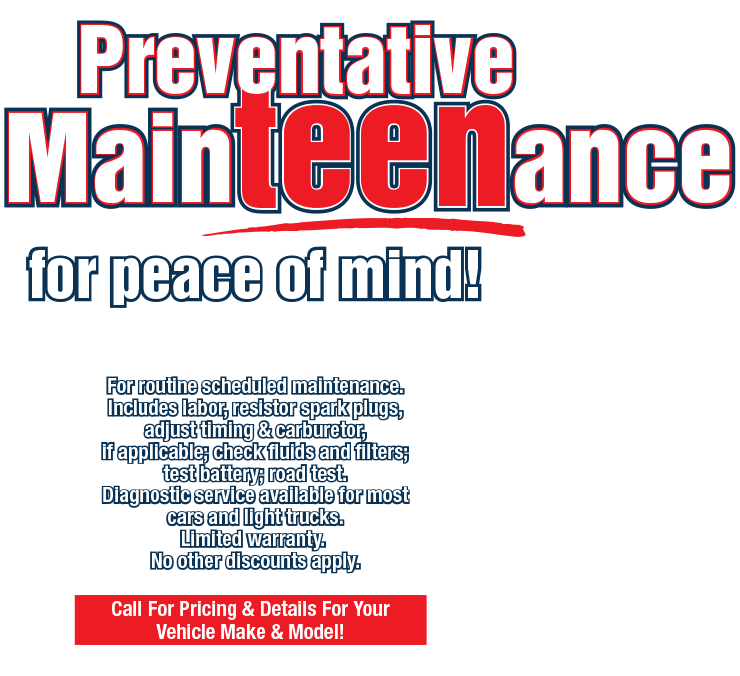It's Brake Time (Brake Calipers)
April 23, 2023
Race car drivers have demonstrated the advantages of disc brakes, so most modern vehicles use them. Sometimes just the front wheels have disc brakes, but many vehicles now have them all the way around.
A major component of the disc brake is called a caliper. It works by squeezing brake pads against the disc or rotor, kind of like a bicycle hand brake. The brake pads themselves are what contact the rotor, causing friction to build and the wheel to slow down, but it's the calipers that apply the pressure to the pads.
Caliper design has evolved over the years, and there are two common types. One is called a floating caliper. It has one or two pistons on one side of the disc. When you push down the brake pedal, the piston or pistons in your caliper put pressure on that one side. A mechanism connected on the other side of the disc applies pressure as well, squeezing your disc so the vehicle stops. Floating calipers are less expensive since they have fewer parts.
The other type is called a fixed caliper. They use pistons on both sides of the disc, sometimes several. They are often used in more high-performance or heavy-duty vehicles.
Calipers can have rubber seals to keep out dirt, debris and moisture, but when that rubber wears out, sometimes the calipers can get contaminated. They can stick or start leaking; they can even rust. Then your caliper can get stuck applying that "squeeze" when you are not pressing on the brake pedal. Or they can get stuck in the other position, not applying stopping power when you press the pedal.
When this happens, it's not unusual to feel your vehicle pull to one side when you brake. You might notice a burning smell from the constant friction if the caliper is stuck on, plus you may feel the heat from the wheel after you park and get out of your vehicle. Sometimes you'll hear a high-pitched sound or clunk if your calipers are binding up.
That's your cue to have them checked out at your vehicle service center. If your calipers aren't working correctly, it can be a safety hazard. Sticking calipers can affect your ability to steer and stop; this is the kind of "brake time" you need so you can get them back on track and working properly.
Gary Knurek GoodYear
1973 Livernois
Troy, Michigan 48083
248-362-0350
Need Service?
More articles from Gary Knurek, Authorized GoodYear Dealer

When it Comes to Air Filters, Change is Good (Clogged Air Filter)
January 5, 2025
Engine air filters may not seem like a big deal, but when theyre clogged up with dirt, dust, and insects, your engine could wind up choking for air and not delivering you the power and performance it was designed to give. There are actually a couple of air filters in your vehicle. One filters th... More

Bump in the Road (Alignment)
December 29, 2024
There's something you can do that helps your tires last longer, wear more evenly and your vehicle handle better. "Sign me up," you say! Wondering what that is? It's aligning your wheels, and it will literally point you in the right direction when it comes to a better and safer driving experience... More

Differential Essential (Differential Fluid Exchange)
December 22, 2024
What's the dif? To an automotive technician, it's the differential, a part of your vehicle that helps direct power from the engine to the wheels. The differential is a gearbox that enables the drive wheels to turn at different speeds (they do that when you turn). Inside the differential is a f... More









